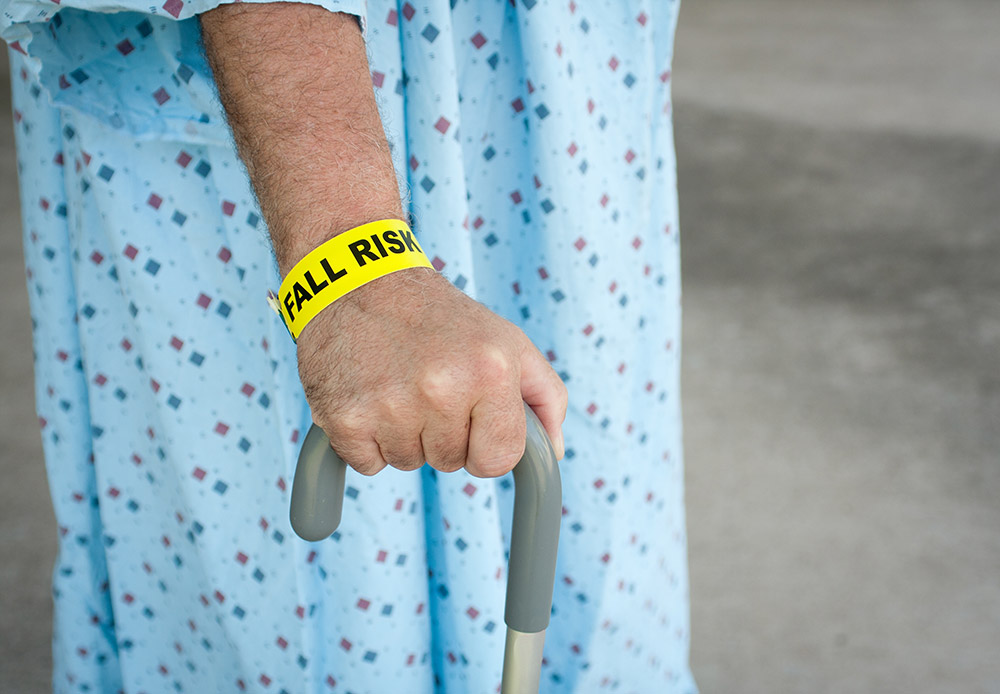Impact of Hospital Errors on Medical Malpractice Cases in Maui
You only go to a hospital for serious medical issues. A sudden, unexpected injury or illness may require immediate attention at the emergency room (ER), or a chronic injury or serious medical condition might necessitate treatment or follow-up care at the hospital. When you are at the hospital, you expect to receive a high standard of care. You expect the physicians, pharmacists, technicians, nurses and other medical professionals to avoid medical mistakes at all costs.
You do not anticipate that your medical treatment at the hospital will result in you suffering another injury or your condition getting worse. Unfortunately, mistakes at hospitals are all too common, and they contribute to many injuries and deaths. An estimated 160,000 lives are lost each year due to avoidable medical errors in hospitals in the United States, according to The Leapfrog Group, a nonprofit that releases hospital safety grades, and the Johns Hopkins Armstrong Institute for Patient Safety and Quality.

Hospitals are graded based upon their history of providing safe and effective medical care. Compared with patients at the safest “A” grade hospitals, patients at “D” or “F” hospitals have a 91.8% higher risk of dying. Patients at “C” grade hospitals had an 87.7% higher risk of dying, and patients at “B” grade hospitals had a 34.9% higher risk of dying than at “A” grade hospitals. If you or a loved one has suffered a serious personal injury from a mistake at a hospital or other medical facility in Hawaii, contact our Maui medical malpractice attorneys right away. At Menzer Law, we can offer sound legal advice based on our education, training and over 30 years of hard work and successes representing victims of hospital errors.
Common Serious Hospital Errors
At our firm, we have handled medical malpractice cases arising from serious mistakes at hospitals, including:
- Misdiagnosis: Physicians in ERs and specialists at hospitals may fail to correctly diagnose a patient’s condition.
- Delayed diagnosis and treatment: Delays in being diagnosed or being treated after a diagnosis can lead to considerable harm.
- Patient falls: Many patients in Hawaii hospitals are not able to stand and walk on their own. This may be due to an injury or condition, medications, coming off anesthesia or some other problem. Due to improper monitoring and assistance as well as the lack of other precautions, patients may suffer falls in the hospital that result in broken bones, head and brain injuries, and even paralysis or death.
- Infections: One of the most significant risks that patients face in hospitals is acquiring a preventable infection due to a lack of sterilization and cleanliness. On any given day, about one in 31 hospital patients has a health care-associated infection, according to the U.S. Centers for Disease Control and Prevention (CDC). Some infections may be easily treatable with antibiotics, although other infections can be very dangerous and difficult to treat.
- Failure to monitor: Patients in ERs and those admitted to hospitals should be appropriately monitored by the nursing staff and physicians to note any changes in their conditions or warning signs of serious medical events or complications. Failing to monitor patients appropriately can lead to preventable injuries or fatalities.
- Adverse drug events: Medication errors, allergic reactions and dangerous drug interactions can be extremely dangerous. They may occur when a physician, pharmacist or nurse is careless or there is a miscommunication between health care providers.
- Surgical errors: Patients can suffer significant harm if surgeons perform incorrect procedures, perform correct procedures on the wrong parts of the body or make mistakes during operations.
- Foreign objects retained from surgery: A major surgical error occurs when a surgical team leaves a foreign object in the body. This can cause serious pain, complications and infections and requires additional surgeries.
Were You The Victim Of Hospital Negligence In Hawaii?
If you sustained an injury or your condition worsened because of a mistake made at a hospital in Hawaii, contact us at Menzer Law as soon as possible. Under Hawaii law, you may be entitled to compensation due to a health care provider’s negligence. However, Hawaii requires you to follow a specific process to pursue compensation. To pursue a medical malpractice claim in Hawaii, you must:
- Obtain a certificate of consultation: This is a medical expert’s opinion that the health care provider who treated you was negligent or failed to obtain informed consent. When we handle your case, we retain an experienced and respected medical expert in the relevant field of medicine to review your medical records and offer an opinion.
- File a complaint with the Medical Inquiry and Conciliation Panel (MICP): You must first file a claim with the MICP. This process leads to a nonbinding conciliation meeting or hearing, which means you and the other party can rely on the panel’s recommendations or you can ignore them. During this process, we continue our thorough investigation into your hospital error injuries and typically try to enter into settlement negotiations with the doctor and/or facility.
- Agree to a settlement or file a medical tort lawsuit: If a settlement is not forthcoming, we are prepared to file a medical malpractice lawsuit and fight for your compensation. The statute of limitations is two years.
Contact Our Hawaii Medical Malpractice Attorneys Today
When you get hurt or suffer a serious complication in a hospital that you believe was a health care professional’s fault, call Menzer Law at 808.446.7374. You also can contact us online to schedule your free consultation. One of our experienced medical negligence lawyers will review your situation and explain your rights and options to obtain full and fair compensation for your hospital error injuries. Attorney Matt Menzer has over 30 years of experience successfully handling medical tort claims in Hawaii.


